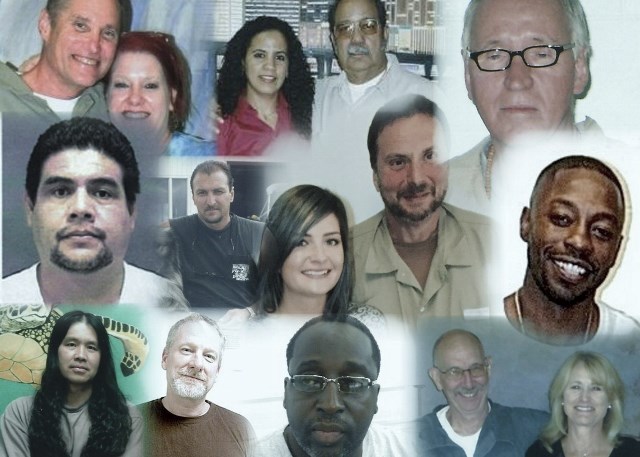A prisoner whose clemency petition is not at the White House and / or the DOJ when the President decides to grant clemencies will not receive clemency no matter how worthy a candidate he or she is.
Many of the nonviolent marijuana prisoners serving life for pot and other egregious sentences have been released through clemency and compassionate release.
How does clemency happen? Clemency is simply an act of mercy and compassion exercised by the President. It can be granted to anyone for any reason at any time, however it is generally granted in spurts and sometimes for a specific category of inmate. At the present time, the category of nonviolent marijuana offenders is a perfect category for this compassionate act by President Biden. This is not just the opinion of Life for Pot, but is also a category supported by many groups of Americans lobbying for sentencing relief.
As we have previously discussed - it is the Elephant in the Room. Pro Bono attorneys have been solicited to assist nonviolent marijuana offenders with their clemency petitions. Law firms that provide Pro Bono attorneys do so to fulfill a stated value of social responsibility and receive recognition for this valuable service to their community. It is admirable and provides a service that would be denied to a large number of vulnerable people.
We salute them. There is however a problem that sometimes raises it's disturbing head. That is that pro bono work is sometimes put off past the deadline for asking for sentencing relief. In order to actually receive clemency, the person must have a clemency petition somewhere at the DOJ or the White House.
As readers may know, Life for Pot does not believe that any nonviolent marijuana offenders should be incarcerated as the reason for this sentence has long been mute. This sentence is based on marijuana being scheduled as a drug more dangerous than oxycontin and fentanyl. The fact that marijuana is legal to some degree in the majority of states and that legislators are receiving tens of millions of lobbying dollars from the marijuana industry makes these sentences particularly obscene.
During the Obama administration a clemency initiative was instituted called CP - 14. Pro Bono Attorney's were recruited and were assigned inmates who fit the criteria that had been established by the administration. Of course there was a deadline that had to be met for clemency petitions to be considered. This was very important and at the end of CP - 14 around 1,700 inmates were granted clemency. Around 66 of those were nonviolent marijuana offenders and 11 were nonviolent marijuana offenders with life sentences. This was far short of the hoped for number. Tragically, there were nonviolent marijuana inmates whose petitions had not been completed by their assigned pro bono attorney's. Pro bono work is sometimes not considered a priority. We are hopeful that clemency petitions for these inmates will be completed before this president decides to grant mercy and compassion to this category.
Again we are hopeful for clemency for marijuana inmates - and especially those serving life sentences. This sentence means that they will live in a cage with a concrete floor until death. It is not a sentence that should be given for a substance that is legal to some degree in most states. It is not a sentence that should be given in a country that claims to have a fair and just legal system

.JPG)

.JPG)
.JPG)
.JPG)

.JPG)

.JPG)
